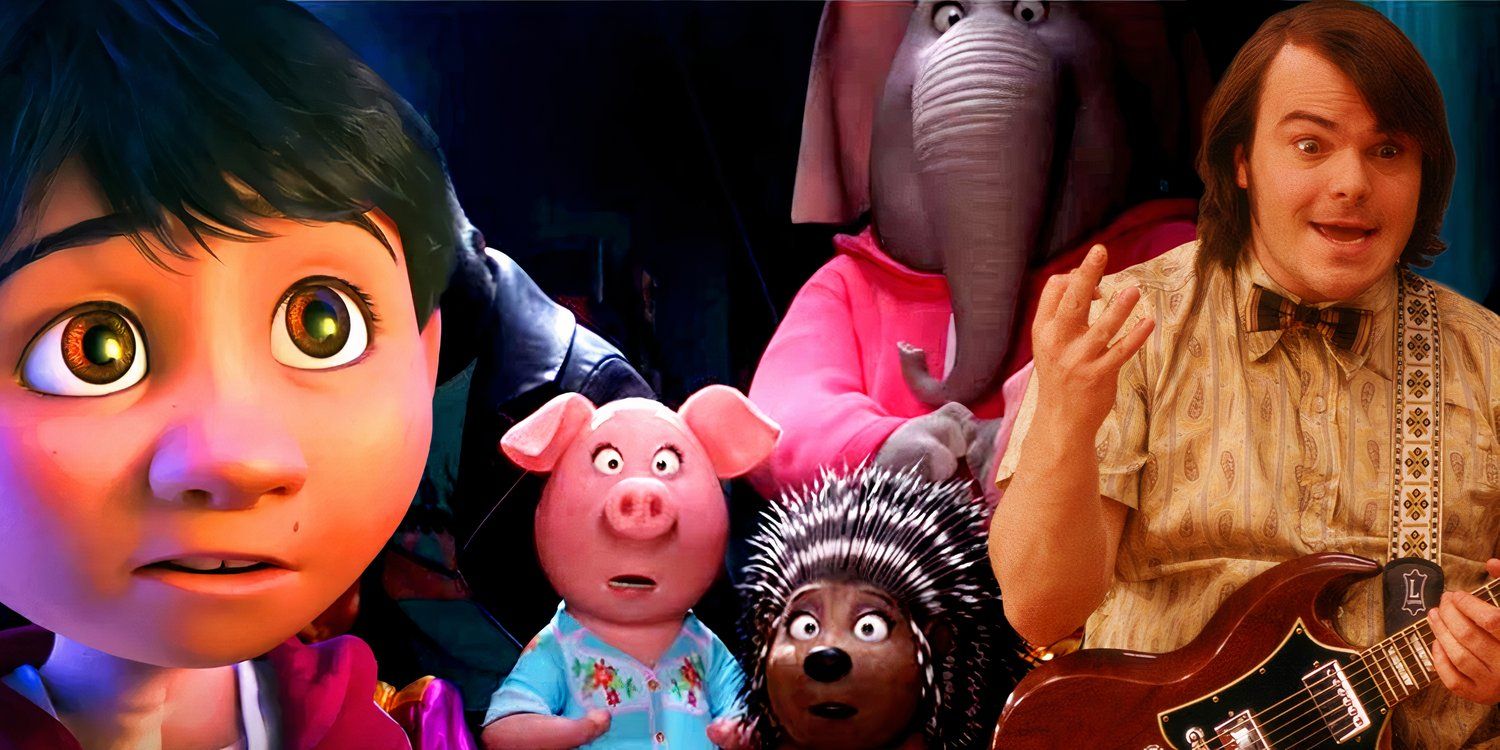Here is a snapshot of the great singer-songwriter and pop genius as he prepares to retire from touring; he is to play his final live show in the US at Dodger Stadium in Los Angeles, venue of his legendary 1975 concert, with many people in the vast crowd now wearing their own versions of his diamante Dodgers outfit.
Never Too Late shows him on tour, hosting his podcast with his husband, David Furnish, and hanging out with friends and family, with the film periodically flashing back to that period of his US breakthrough in the early to mid-70s. It was an era of staggering productivity with lyricist Bernie Taupin, dominating the album charts with multiple LPs, playing on stage with his friend John Lennon in New York for what was to be Lennon’s own live swan song. But Elton was also unhappy in his relationship with manager John Reid, abusing drugs, evolving towards acceptance of his own identity as a gay man (in his podcast he reveals he still has not got used to the word “queer”) and searching for love.
Some of the discussion is structured around Elton’s conversations with his ghostwriter (and my Guardian colleague) Alexis Petridis, and there were times here when I thought that, watchable though it is, if only Petridis had been in creative control of this film, it could have got away from its carefully managed pop-promo structure. It is the officially licensed narrative of Elton John’s life that he has in fact already given us in Rocketman, the fiction feature he executive-produced in 2019, with Taron Egerton playing the lead: the unhappy childhood, the tough battle to break into the business, the ecstatic success-supernova in LA during which loneliness and unhappiness were John’s guilty secrets. Now they are juxtaposed with his current Buddha-like charm and calm.
Like Rocketman, this documentary skimps on the 1980s: no discussion of his marriage to Renate Blauel, his friendship with Diana, Princess of Wales or his enduringly difficult relationship with his elderly mother. It is not the same as the 1997 touring documentary, Tantrums and Tiaras, directed by Furnish, which gave a sharper view of Elton John’s temper and the nervous energy of his creativity. But there is, as ever, pleasure and awe in hearing his great songs.

 1 week ago
4
1 week ago
4








 English (US) ·
English (US) ·